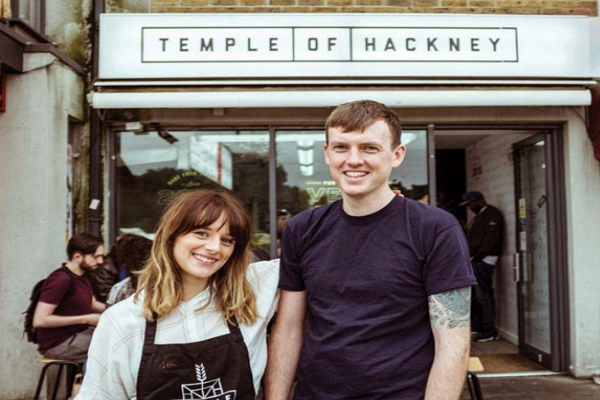The new year brings with it resolutions and with them, the inevitable feeling of having to sacrifice enjoyment for the benefit of your long term health. Cutting out meat, losing weight and dry January are key examples of foregoing something for the ‘greater good’.
But what if it could be different? What if you could have your cake, and eat it, and still live a healthy lifestyle? Well I’m here to tell you that there are a few brands on London’s food scene that are starting to offer just that.
The first example I discovered was Temple of Seitan. Upon entering, you’d think it was just another unhealthy chicken shop chain. You’d be wrong. In fact, the brand only serves vegan ‘chick’n’ in all of its branches, a dream for those who are giving Veganuary a go. What the Pitta is a similar story. Having a healthy kebab has never been easier and more guilt-free.
Both brands demonstrate the power of permissible indulgence. Once an oxymoron in FMCG, more and more brands are realising the power of one of modern consumptions biggest barrier; health concerns.
While health conscious brands aren’t necessarily new, the fact they are being created around traditionally unhealthy products is, offering learnings which could be taken on for any on shelf product offerings.
There is brand power in identifying product barriers and completely removing them while they remain a boon to competitors. Whereas the majority of FMCG brands have focused on earning percentages of others market share, these types of innovation grow the market (and deliver the largest share of that growth to the inventor). Greggs are a great example of this, having recently launched a vegan sausage roll in a market definitely not known for meat free alternatives.
Instead of making iterative changes to existing market formulations, both Temple of Seitan and What the Pitta have rethought the constitution of products to create something which offers a genuine alternative to consumers.
In a marketplace where incremental differentiation is everywhere and start-ups start to gear up for genuinely new types of products, big brands should look to offer disruptive alternatives in the market before a new upstart does.


